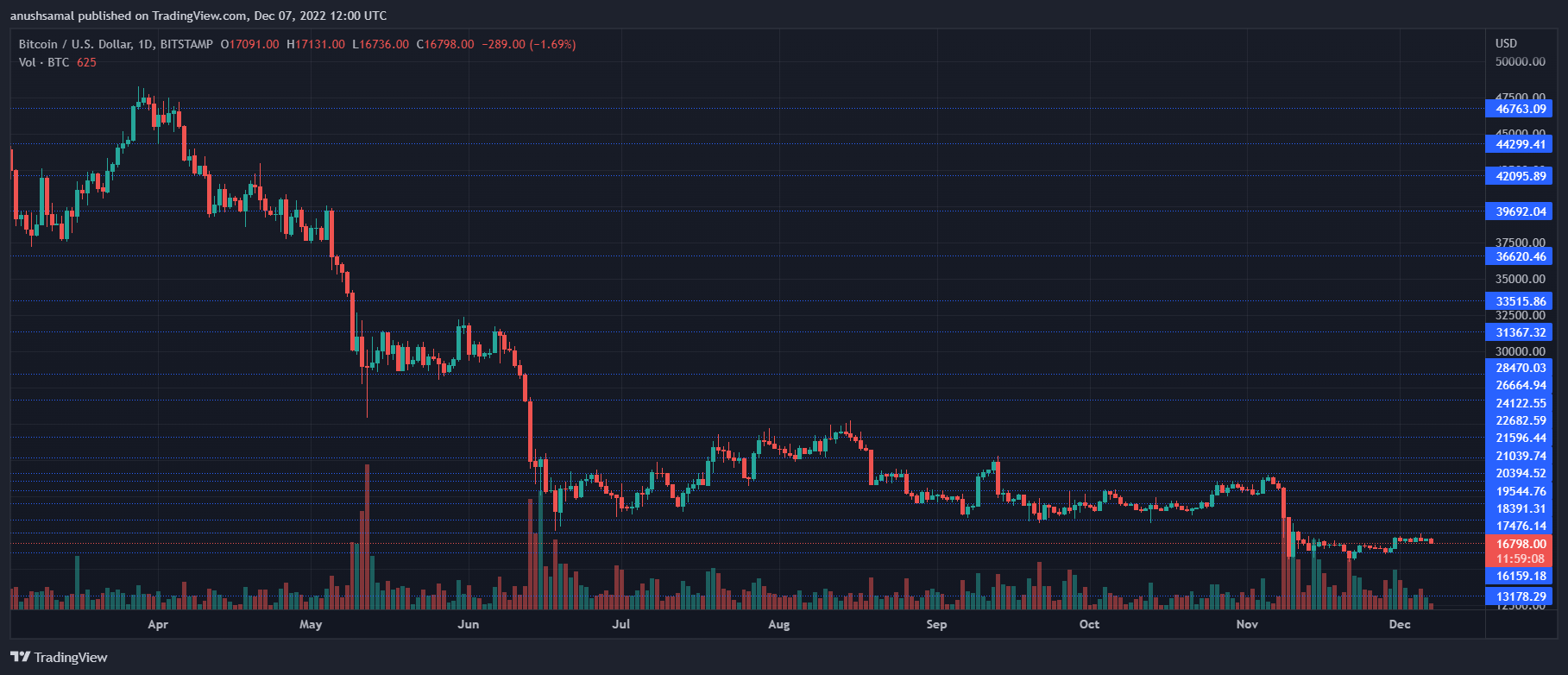U.S. legislators want this proposal to be amended into the State Department Basic Authorities Act of 1956. According to the proposed amendment under the National Defense Authorization Act (NDAA), the Department of State is required to reveal information about the crypto payouts and rewards within a timeframe of 15 days from the date of making it.
The NDAA is the name given to a group of U.S. federal laws that establish the annual budget and expenditures for the U.S. Department of Defense. The state department has to provide the information to the Committee on Foreign Affairs of the House of Representatives and the Committee on Foreign Relations of the Senate.
Additional Requirements
The official document, which was released on Wednesday, read:
Not later than 15 days before making a reward in a form that includes cryptocurrency, the secretary of State shall notify the Committee on Foreign Affairs of the House of Representatives and the Committee on Foreign Relations of the Senate of such form for the rewards.
Additionally, barring the 15-day information period, the state department is mandated to submit a report to the Committee on Foreign Affairs of the House of Representatives and the Committee on Foreign Relations of the Senate within a period of 180 days of the enactment of the act. The state department is also supposed to justify the use of crypto as a form of reward in that report.
Further, this report should comprise evidence that will propose that crypto rewards and payouts will prompt more whistleblowers to come forward compared to the other “rewards paid out in the United States dollar or other forms of money or nonmonetary items.”
Transparency Regarding Crypto Payouts
The motive behind ensuring such a proposal is to find out if other whistleblowers will come forward, and to ensure that they are safeguarded from bad actors. The report mentioned that it would also investigate if the use of cryptocurrency will supply bad actors with further “hard-to-trace funds that could be used for 16 criminal or illicit purposes.”
The amendment will help to provide greater transparency into the state department’s spending on cryptocurrency rewards and payouts. After this amendment is passed, this policy may provide insight into the federal government’s view on the use of cryptocurrency for illegal and corrupt purposes, as this is a long-standing argument used by policymakers against cryptocurrency.
Specifically, this act, which is supposed to permit defense spending, is yet to be voted on by the legislature and signed by the president for it to become law. The NDAA, on the other hand, is mandatory legislation, and politicians have frequently used it to push for a wide range of policies.
 Bitcoin was priced at $16,790 on the one-day chart | Source: BTCUSD on TradingView
Bitcoin was priced at $16,790 on the one-day chart | Source: BTCUSD on TradingView




